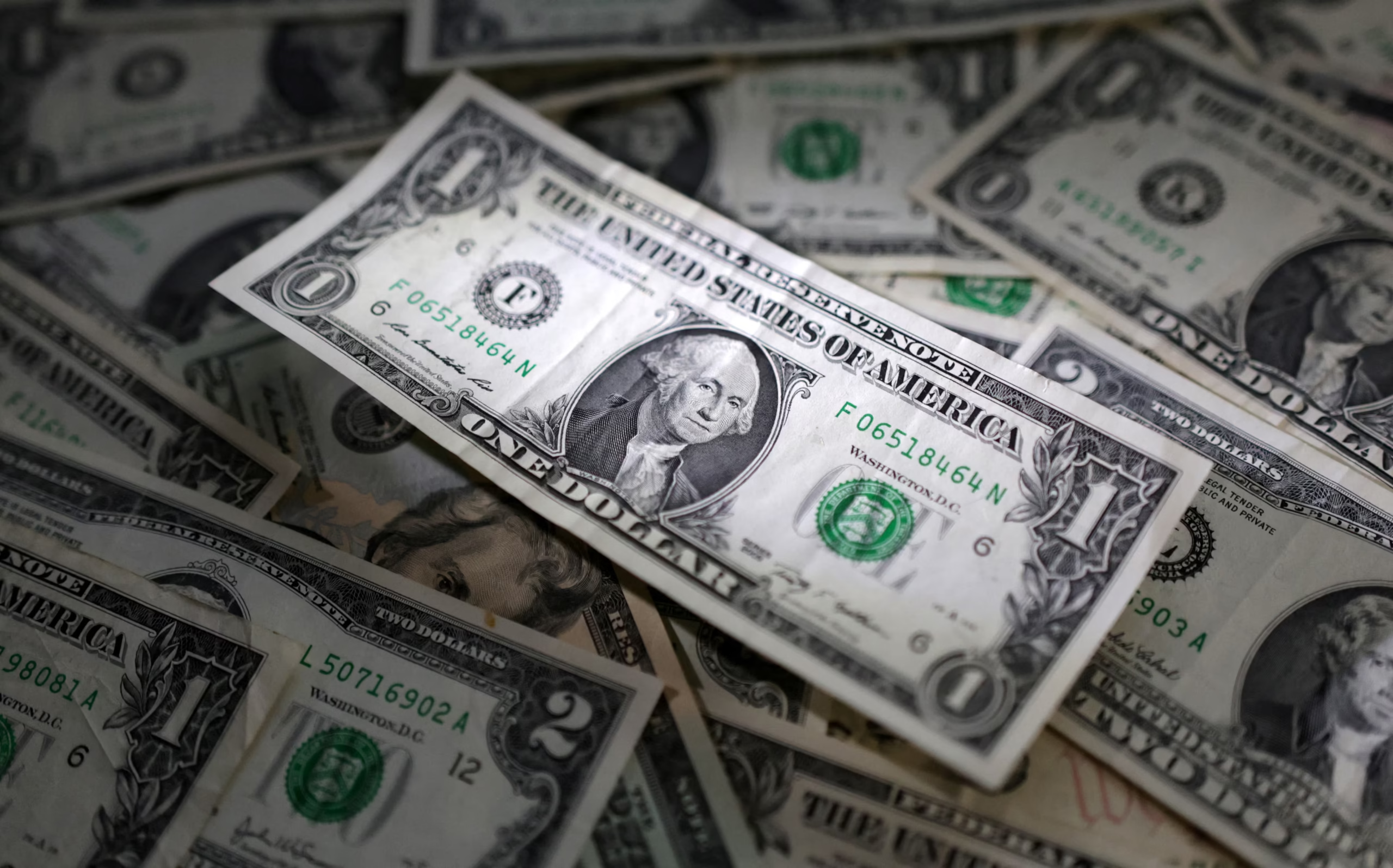The U.S. dollar’s impressive rally encountered a pause on Wednesday as traders adopted a cautious stance ahead of the eagerly awaited U.S. consumer inflation report, causing hesitation in taking on new positions.
The greenback stabilized during the early Asian session after retreating overnight from a two-year peak reached earlier in the week. The decline was partly driven by a softer-than-expected reading on U.S. producer prices, which helped pull Treasury yields off their recent highs.
Against the dollar, the euro was slightly higher at $1.0301, but still far from its two-year low. The British pound also dipped 0.09% to $1.2205, facing continued pressure due to rising borrowing costs and concerns over the UK’s fiscal situation.
Investors are also closely watching UK inflation data set to release later on Wednesday. With concerns mounting about domestic price pressures and a weak economy, Finance Minister Rachel Reeves is under growing pressure.
In the U.S., markets are anticipating a 0.2% rise in core consumer prices for December, and any surprise could limit the scope for further rate cuts by the Federal Reserve this year. Last week’s strong jobs report reinforced the U.S. economy’s resilience, prompting traders to adjust their expectations for Fed easing.
While the inflation data will be closely analyzed, analysts suggest that its impact on currencies is likely to be temporary, with market focus shifting to the policies of U.S. President-elect Donald Trump, especially regarding tariffs.
“Markets are still looking ahead to the incoming administration’s policies and the impact on prices,” said Carol Kong, currency strategist at Commonwealth Bank of Australia.
As investors await Trump’s policies post-inauguration on Jan. 20, concerns over potential tariffs and reduced Fed rate cuts have supported the dollar, pushing Treasury yields higher.
The dollar index was last trading at 109.23, still below Monday’s high of 110.17. The yen remained steady at 157.98 per dollar, bolstered by the prospect of a rate hike by the Bank of Japan next week. Meanwhile, the Australian dollar held onto some of its recent gains at $0.6186, while the New Zealand dollar edged down 0.05% to $0.5601.



